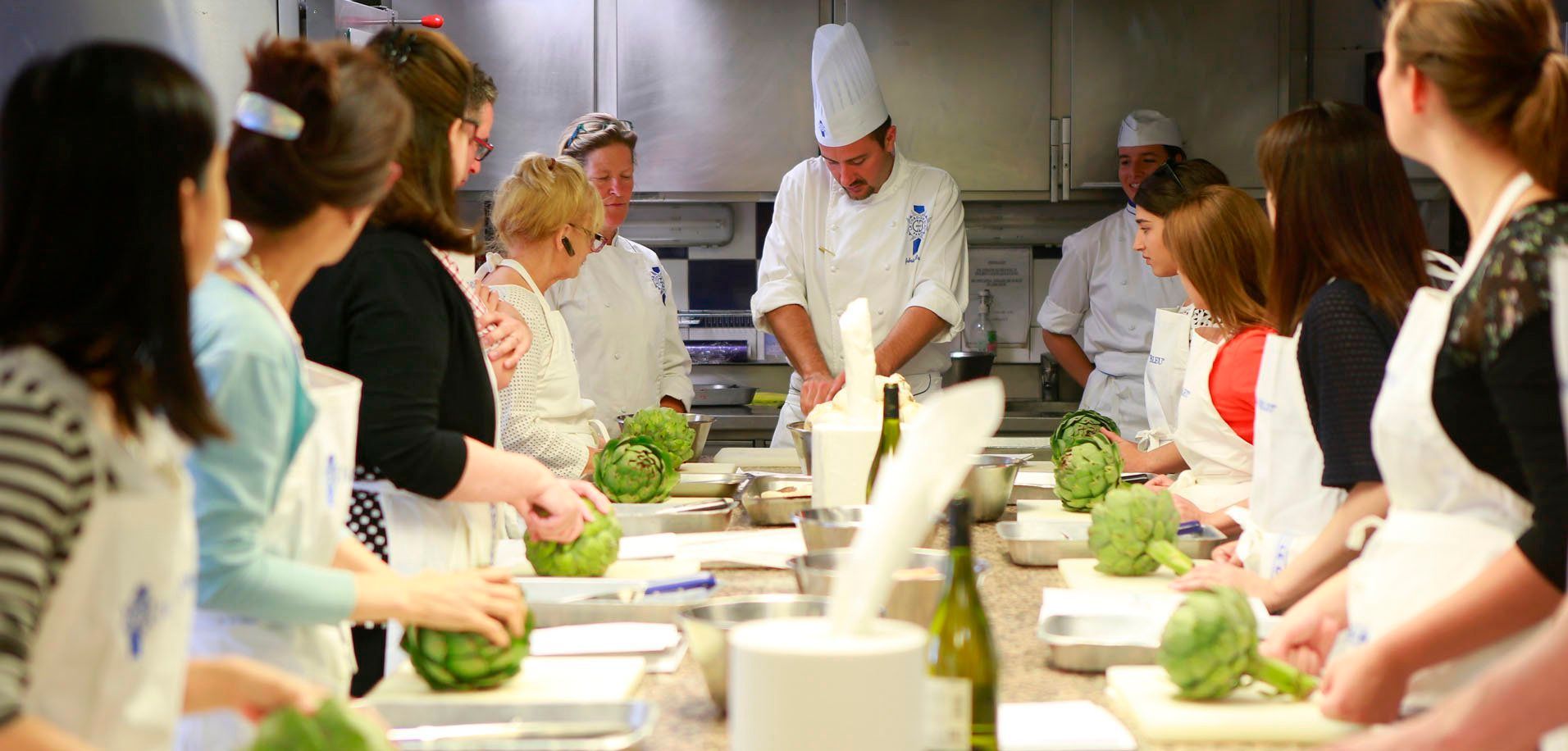Turning Career Gaps Into Growth: How to Make the Most of Being Between Jobs
The secret is to have a positive mindset, set personal goals, do part-time projects and allocate time for your passions.

There’s that moment when you’re asked what you do, and you respond “Right now I’m in between jobs”. An awkward silence follows, until you add “it’s really not that bad, I can do whatever I want and nobody owns me”, just to annoy the person who asked, who is invariably owned by their employer. Joking aside, being in between jobs really can be an incredible opportunity.
I’ve been in between jobs on 5 occasions. I wish I could say I “nailed it” every time. Unfortunately, that’s not exactly what happened. Though I do think I got better at it each time, using the break more productively while searching for my next role.
The reason I have this experience is because I have a bad habit of leaving a job before I have another one lined up. There's a moment when I just know it's time to go. Of course, in some cases I did go straight to the next job without a break, which was good financially. But I quickly learned that I needed time off to recover, rejuvenate and consider what’s next.
If you use one of the AI engines to get advice on how to spend time while in between jobs, it will offer practical guidelines. Here’s a table based on a Perplexity search for what to do:
| Category | Activities | Benefits |
|---|---|---|
| Reflection & Planning | Goal setting, career reflection | Clarity, better job fit |
| Routine & Structure | Daily schedule, small goals | Productivity, motivation |
| Learning & Upskilling | Online courses, certifications | Enhanced skills, marketability |
| Volunteering / Freelance | Volunteer work, freelancing projects | Experience, income, networking |
| Personal Well-being | Exercise, hobbies, social time, travel | Mental health, stress relief |
| Practical Matters | Benefits application, budgeting, interview prep | Financial stability, readiness |
I wouldn’t disagree with any of these things. Though I’d prefer something more succinct, which is why I developed my own “Between Jobs Playbook”. After successive trial and error, I’ve distilled this playbook down to 4 components. Please forgive me, but as a former marketer, I still think in terms of easy to remember acronyms, in this case “The 4 Ps” 😀.
The 4Ps of a "Between Jobs Playbook"

Positive Mindset
Sure, the first month or so of being unemployed can be kind of fun. You can sleep late, travel, watch Netflix and generally laze about. But when that phase evaporates, the pressure to find a new job quickly settles in. In my case, I felt I had lost my personal identity, as I had always associated who I am with what I do. That led to feeling depressed and empty.
Then, on the third round of being in between jobs, something changed. I looked back on the first two rounds and wished I had not stressed so much, because in both cases I went on to find a job I loved, putting my career back on track. That’s when I realized that with the right mindset, this time off was a rare opportunity. I focused on 3 things:
- Revisiting life and career goals: I had done a career statement in school many years before about what I wanted to achieve. Not surprisingly, some things had changed. I also came across some fundamental life and career questions. Between the two of them, I developed an updated statement that would help direct my next career move.
- Improving physical and mental wellness: This one was pretty straightforward, involving exercising three times a week, something I could never manage while working. It didn’t take that long to get back into shape, which can be a major confidence booster. Nothing beats the feeling of accomplishment you have after a good workout.
- Developing personally or professionally: As much as I like the idea of lifelong learning, I never seemed to have much time for it outside of work. Well, that also changed. I got a MasterClass subscription (looking back, edX and Coursera would have been free), and watched lessons on everything from wine and music to leadership and negotiation to get inspired.
In short, keeping a positive mindset is the most critical element for this transitory period. Everything else is built on this foundation. And as I mentioned before, everything will work out, it always does.

Personal Goals
I’m really big on setting annual personal goals, a habit influenced by my father who would constantly harass me about what my annual goals were. So when I was first in between jobs, my only goal was to find a new job. Shocking, right? I would spend mornings “working” which meant trolling LinkedIn jobs, researching companies and endlessly tweaking my search strategy. I dreaded the afternoons, because I never knew what to do with my time.
Later on, I realized that setting short-term personal goals while in between jobs could be a game changer. They accomplished three things:
- Staying busy: Personal goals gave me purpose, combining personal and professional areas. For example, every week I would catch up with 2 friends and have 2 networking calls. I also took golf lessons to lower my handicap (that didn’t go so well). By staying busy I avoided self-doubt and wasting time.
- Maintaining confidence: I also found that my confidence grew as I made some quick wins against my personal goals. Because having a positive mindset is the single most important thing for this journey, anything that works to that end is gold.
- Developing new skills: Some of my goals were about learning new skills. While golf was harder than I expected, I continue to play today thanks to the fundamentals I learned while in between jobs. I also studied Italian with Berlitz, something on my bucket list.
I feel so strongly about personal goals for career breaks that I started a company, Sabbaticals.com, to provide goal-oriented sabbaticals. Not to get too salesy, but the travel experiences we offer all lead to tangible achievements in short time frames, like professional certificates for wine, cooking or art history. Pro tip: Always write down your goals! There's something about writing them down that leads to greater commitment (my father would be proud).

Part-time Projects
During a particularly long period of being in between jobs, I became concerned about my finances. Around that time, I was contacted by a previous employer to help on a short-term project. The timing was perfect (and why didn’t I think of doing short-term projects before!?). This insight went straight into the “Between Jobs Playbook”.
What’s more, the project was super interesting. It involved developing a go-to-market strategy for an entirely new mobile telecom concept. Though more importantly, this project gave me three key benefits:
- Staying engaged: Part-time projects keep you engaged, challenged and sharp. You get to wear some old skill hats as well as put on some new skill ones. I also loved that I was going to work again and solving problems, even if it was only for a limited period.
- Networking power: You’ve heard it before, it’s easier to get a new job when you have an existing job. While doing this part-time project, I was still interviewing with companies, which made me a more attractive candidate (in the application sense).
- Earning income: Yes, that was the original point. Short-term projects may not always pay as well as a full-time role, but they certainly help. And I’d much rather focus on bringing money in than cutting things to avoid money going out.
Surprisingly, people who are available for short-term projects are much in demand. My project was too exploratory for existing resources, hence the need for someone external. Previous employers are a great fit because you’re a known quantity and already know the industry.

Passion Pursuit
This point is probably the hardest to accept. It’s natural to feel guilty about doing the things you love when you’re supposed to be finding a new job. Yet it’s the one thing I reflect on with every passing in between jobs experience: I wish I had enjoyed myself more, instead of constantly stressing. Making time to pursue your passions is important for several reasons:
- Remaining positive: Allocating time to your passions should bring you happiness, which in turn leads to positivity. You’ll be busy soon enough with a new job, so let go of the guilt and take advantage of this rare time off.
- Self reflecting: I find the best time to think about what I want out of life and career is not when I’m sitting in front of a screen. It’s when I’m outside doing something like exercising. That’s when your mind is most open to fresh and creative ideas.
- Living life: After many years of grinding at work, everybody deserves an extended break, no matter how it comes about. The important thing is to recognize this time as a temporary gift, and take full advantage of it. You'll be back in the trenches soon enough.
I'm not sure about you, but when I start a new job, I tend to sacrifice my hobbies all too quickly. I'm too worried about "the first 100 days" and not screwing up. Yet it’s my hobbies that give me so much joy out of life. It’s puzzling why that happens. I eventually learned to never feel guilty about doing what I loved.
In Summary...
The “Between Jobs Playbook” is about having a positive mindset, setting personal goals, finding part-time projects and pursuing your passions without guilt. And yes, it’s my last ditch effort to compel you to remember the 4 Ps :-).
While this playbook may not be for everybody, I hope some elements strike a chord. For what it’s worth, I wouldn’t trade any of my experiences while being in between jobs. Some of the best memories I have come from these periods. For those who find themselves in the same situation, I hope you too are able to have amazing experiences to remember before starting your next gig!
If you’re interested in speaking more about being in between jobs,
contact us to learn how Sabbaticals.com can help





